August 16, 2025 | 23:13 GMT +7
August 16, 2025 | 23:13 GMT +7
Hotline: 0913.378.918
August 16, 2025 | 23:13 GMT +7
Hotline: 0913.378.918
On August 15 in Ho Chi Minh City, Nafoods Group signed a USD 20 million cooperation agreement with Dutch Entrepreneurial Development Bank (FMO). The deal is designed to scale up production while driving projects focused on green and sustainable agriculture.
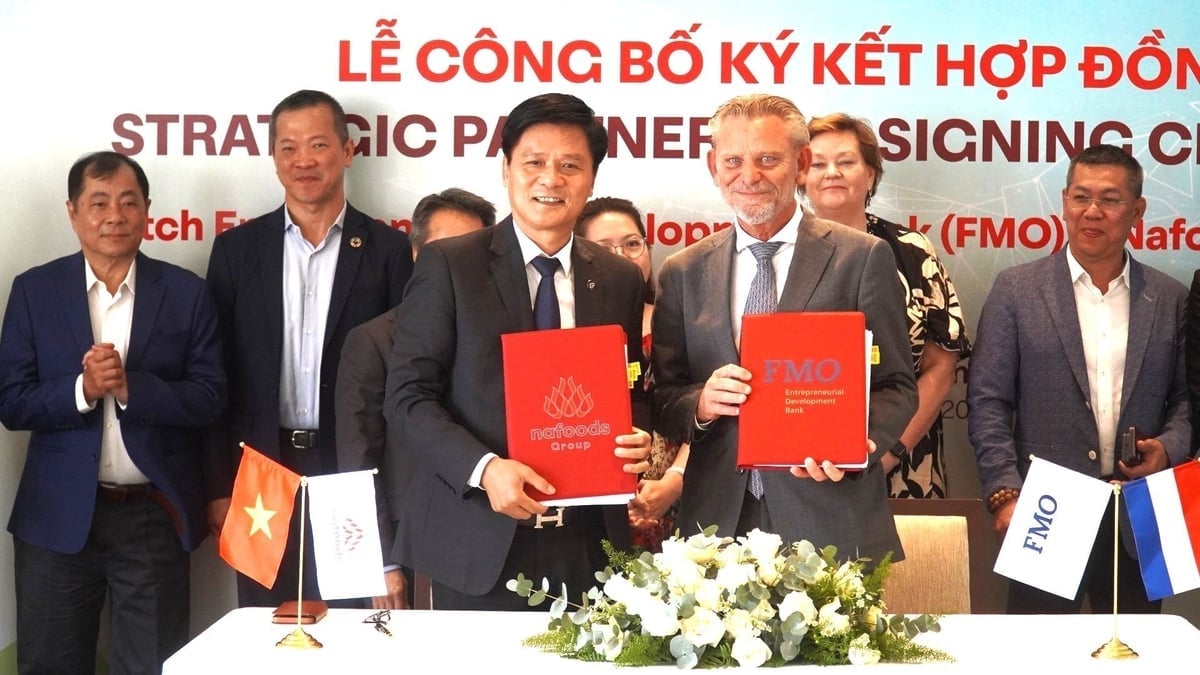
Nafoods Group and FMO signed a cooperation agreement worth USD 20 million to expand production and develop sustainable and green agriculture projects. Photo: Tran Phi.
According to the plan, USD 12.5 million will be used to upgrade and expand processing facilities as well as diversify the company’s product portfolio. Another USD 2.5 million is earmarked for initiatives that reduce environmental impact and strengthen resilience to climate change. The remaining USD 5 million will provide working capital to support operations over the long run.
Nguyen Manh Hung, Vice Chairman of the Board and CEO of Nafoods, said the partnership aligns with the company’s strategy for 2025 to 2030. “This funding allows us to move forward with flagship projects aimed at building a digital and sustainable agricultural value chain, while expanding the global reach of Vietnamese fruit,” he said.
FMO representatives underscored the significance of the collaboration. Bas Revelt, Senior Investment Officer, noted that Nafoods is FMO’s first client in Asia within the fruit processing and export sector.
“Agriculture underpins many economies. Partnering with a company committed to sustainability fits squarely with our investment priorities and promises benefits that will last for years to come,” he explained.
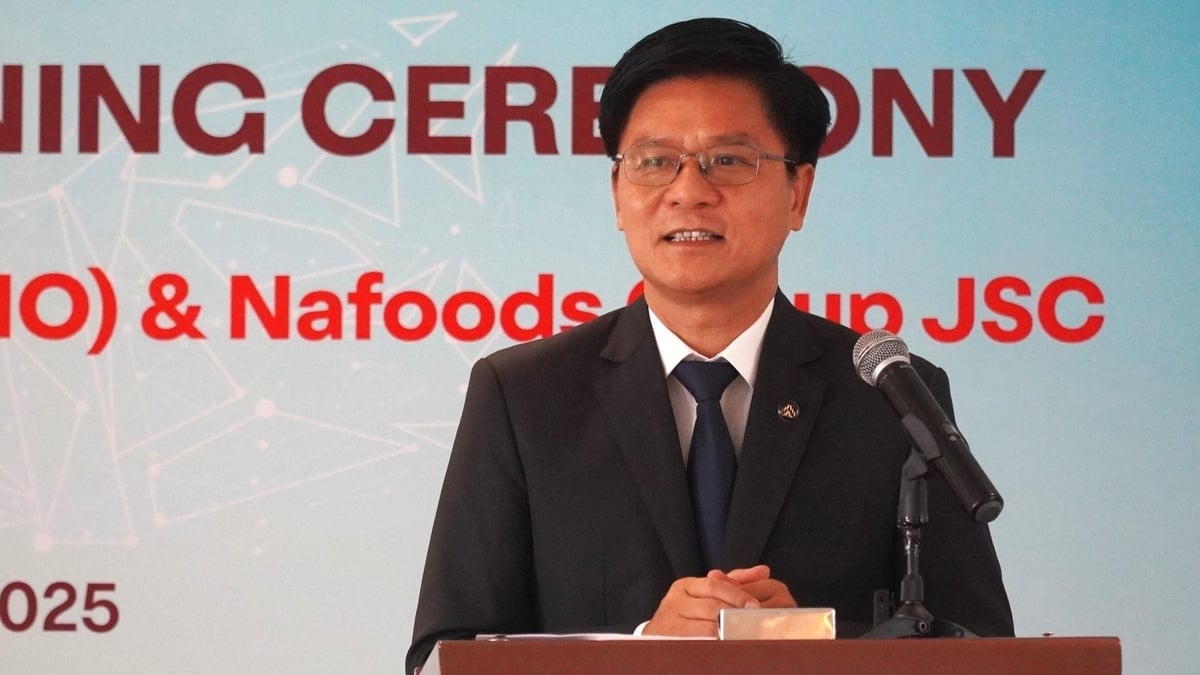
Mr. Nguyen Manh Hung, Vice Chairman of the Board of Directors and General Director of Nafoods Group, spoke at the ceremony. Photo: Tran Phi.
This latest agreement follows a June 2025 deal with ResponsAbility, an investment fund specialising in environmental, social, and governance criteria. That partnership supports Nafoods in cutting greenhouse gas emissions, improving production efficiency, and strengthening performance across the agricultural value chain.
Industry experts view these collaborations as more than financial deals. They consider them a source of momentum for Vietnam’s agricultural transformation, helping to increase export value while preparing the sector to meet rising international standards.
The adoption of digital technologies, greater mechanisation, and solutions that save resources is becoming the new norm. These measures improve product quality and meet the demands of demanding markets. At the same time, they help Vietnamese agriculture adapt to climate change and raise its competitiveness in global supply chains.
Translated by Huong Giang
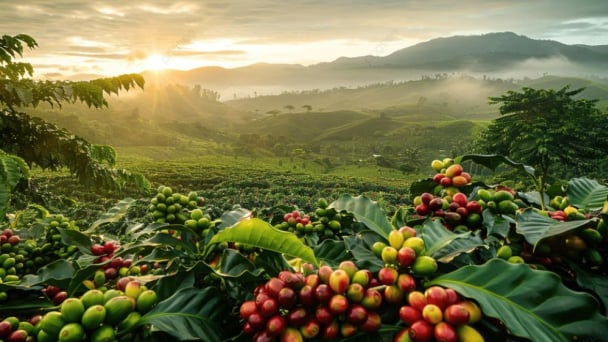
(VAN) Vinacafe is accelerating the adoption of science, technology, and digital transformation to drive a green transition, enhance quality, and meet the demands of the new era.
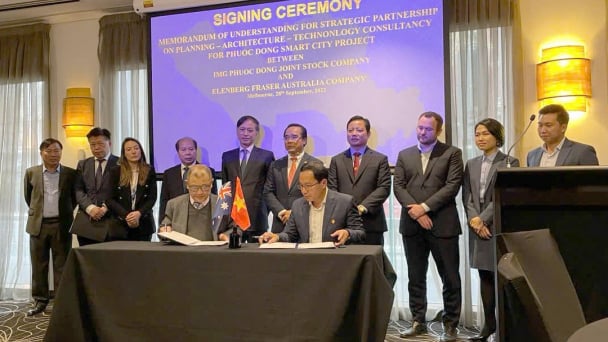
(VAN) Through programs aimed at showcasing Tay Ninh’s dynamic, transparent, and high-potential investment environment and policies to the Australian business community.
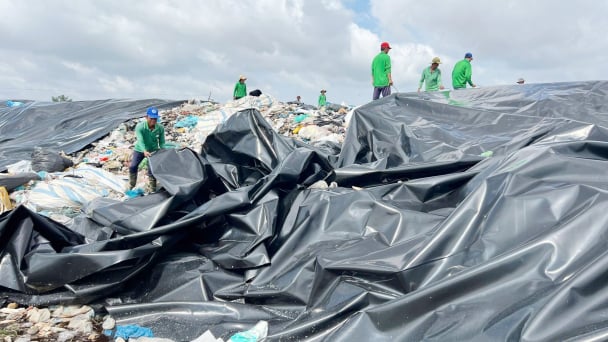
(VAN) Facing growing pressure from waste, Vinh Long Province is investing in two waste-to-energy incineration plants, which are expected to begin official operation by 2027.
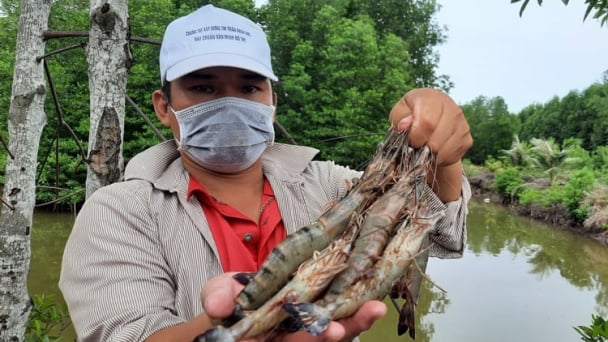
(VAN) To advance ST25 rice in a sustainable, circular, and green approach, Ca Mau is working with businesses to develop smart agriculture, use Glorin technology, and utilize mangrove forests.
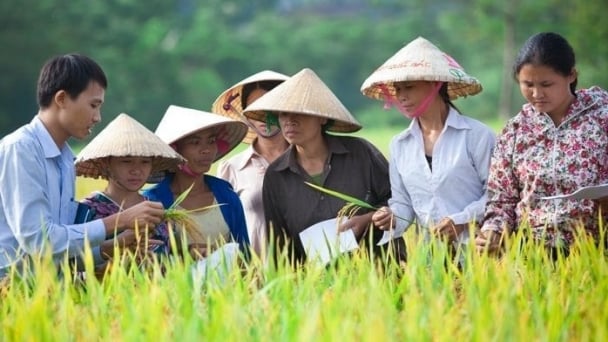
(VAN) CropLife International members commit USD 13 million to promote sustainable pesticide use in low- and middle-income countries.
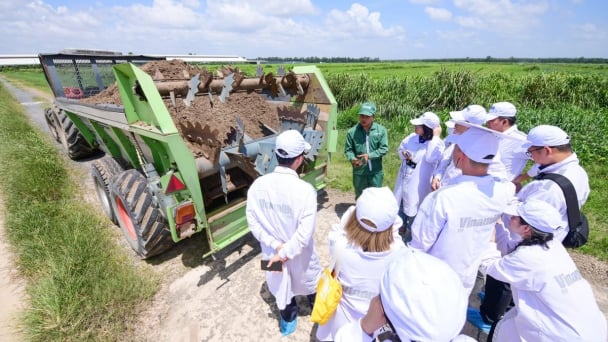
(VAN) Turning cow manure into organic fertilizer for 500 hectares of grassland, saving hundreds of millions of dong in electricity with green energy, and establishing a circular system for soil and water, etc.